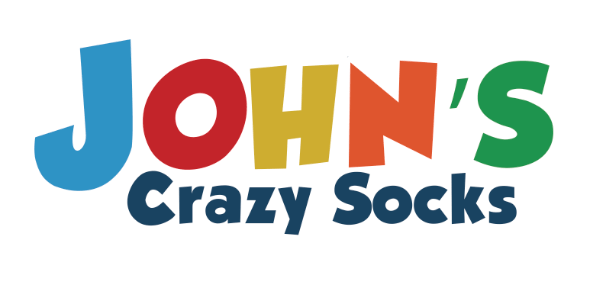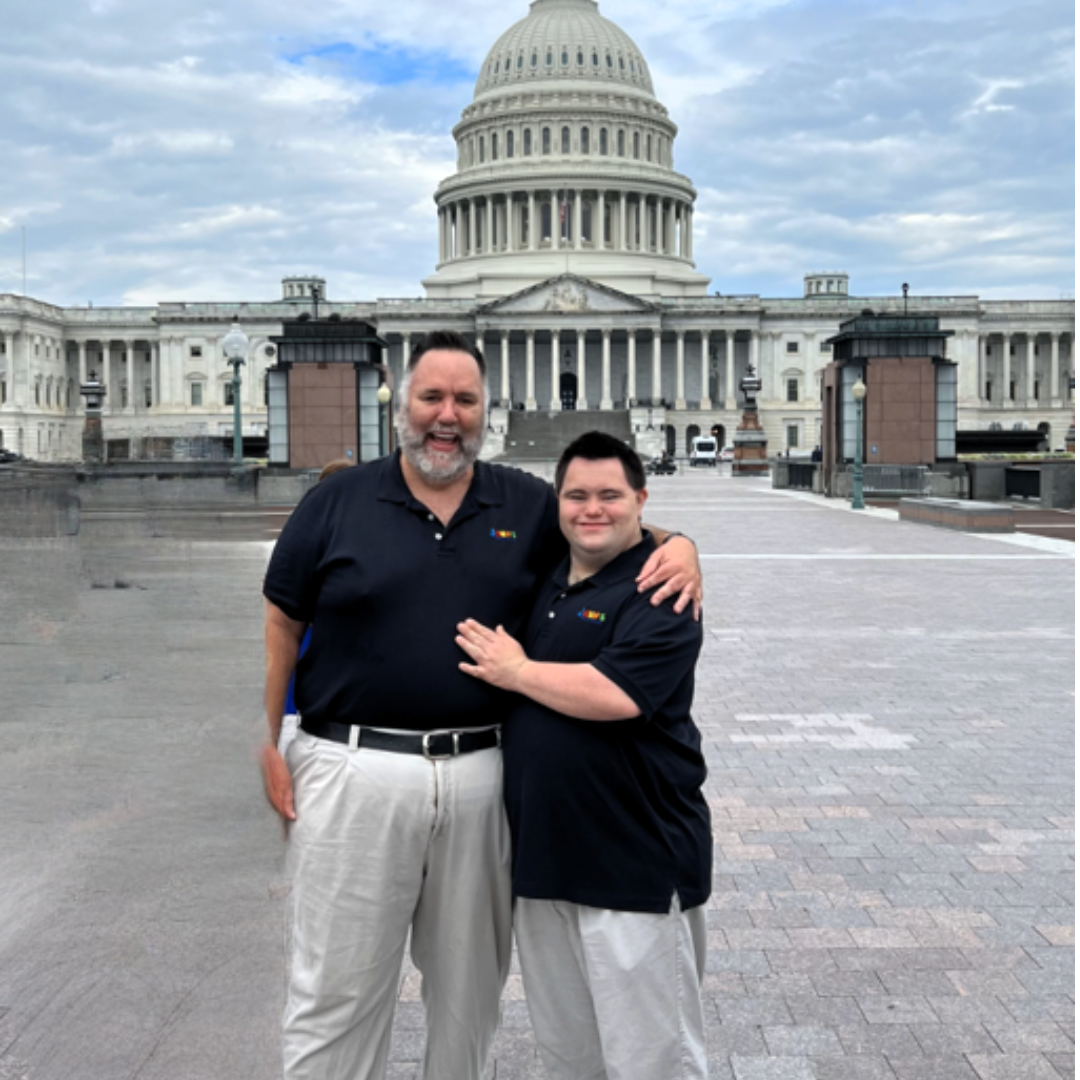At John’s Crazy Socks, we sue our business platform to speak up for people with differing abilities. Our co-founders, John and Mark X. Cronin, have been fighting to eliminate the subminimum wage. Mark has published this article explaining why the sub-minimum wage must be eliminated.
Did you know that more than 140,000 Americans are being paid less than minimum wage simply because they have a disability? Some are paid as little as $0.25 an hour. And not only is this legal, but it is also done with the blessing of the US government. Organizations are allowed to treat these workers as if they are sub-human. This is done in all of our names and it is time we put a stop to it. It is time to eliminate the sub-minimum wage.
How Did We Get Here?
To understand how this happened we have to go back to 1938 and the passage of the Fair Labor Standard Act. This is a great piece of American legislation. It created the 40-hour work week and overtime; it eliminated child labor and established the minimum wage. However, section 14(c) of that legislation allows organizations to receive a permit to pay people with a disability less than minimum wage. These are known as 14(c) certificates. The National Council on Disability found that 141,081 people were paid under 14(c) certificates in 2018.
Our country once before treated people as if they were less than fully human with the three-fifths compromise that counted slaves as only three fifths of a full person. That was an abomination and took the Civil War to eliminate. Section 14(c) of the Fair Labor Standard Act echoes that horror and suggests that workers can be treated as slaves if they have a disability. It is long past the time to eliminate the 14(c) certificates and the subminimum wage.
This Is a Human Tragedy
This is personal for me. Our youngest son, John, has Down syndrome. If he had been born in 1938 the medical treatment he needed at birth would not have existed and he would not have survived his infancy. John would not have been able to attend school and we would have been instructed to place him in an institution. But 1938 is long ago so John did have the open-heart surgery he needed before he was three months old. And he attended public school and received a first-rate education in the Huntington public schools. Not only has he gone on to perform meaningful work but John co-founded what is today the world's largest sock store and he has been named an EY Entrepreneur of the Year.
John and I lead a business called John's Crazy Socks and more than half of our colleagues have a disability. We are not a charity and we do not give out jobs. Each of our colleagues earned their job and perform excellent work. Each deserves fair pay and receives it. We are one example of a business thriving because of the contributions made by people with differing abilities. They deserve the same rights as every other American worker.
Sheltered Workshops
Wait a minute you say, we have a growing labor shortage and we have people with disabilities who are ready willing and able to work, why would they be paid less than minimum wage?
Again, let's go back to 1938. The sub-minimum wage legislation led to the creation of what are known as sheltered workshops. In theory, these workplaces would provide people with training so they could go on to obtain work at full pay. Many of the sheltered workshops are run by well-known charities that have good intentions, but the sheltered workshops have become a trap.
The evidence shows that they have not become a ramp to paying jobs but a holding place that people do not leave. They become holding pens where we keep people busy. While intentions may be good, the financial incentives are to keep people in the sheltered workshop. If enrollment in the sheltered workshop goes down, funding decreases. We know of one young man who was ready to take a full-time job yet the people at the sheltered workshop told him if he did others would lose their jobs in the workshop.
And to be clear, while the workers with a disability are paid as little as $0.25 an hour the executives are paid a full wage.
Eliminating the Sub-Minimum Wage
It is time to eliminate the sub minimum wage. The year is 2023, not 1938, and people should not be excluded or treated less simply because they have a disability. The Americans with Disabilities Act of 1990 (ADA), passed with bipartisan support and signed by a Republican President, said we would give access to a full life for all Americans including those with a disability. The subminimum wage runs directly counter to the intent of the ADA.
In 2020, the U.S. Commission on Civil Rights called for the phase out of 14(c) certificates, finding that the legislation has “limited people with disabilities participating in the program from realizing their full potential while allowing providers and associated businesses to profit from their labor.”
There is a bill before Congress that would right this wrong. The Transformation to Competitive Integrated Employment Act (H.R. 1263/S. 533) is a bi-partisan bill that would eliminate the sub- minimum wage. The bill would make these changes:
- Eliminate any new 14(c) certificates.
- Phase out the current 14(c) certificates within five years.
- Provide funding for states to work with the current sheltered workshops to help them through this transition period so they can provide fully competitive employment.
- Provide technical support to assist this transition.
This change is simple. Make clear that people with a disability are full citizens and serve full protection under the law including the minimum wage law. Assist those organizations that have been operating sheltered workshops through a transition period with funding and technical assistance. Enable everyone who is ready, willing and able to work to find a job at a fair wage.
People with a differing ability deserve a seat at the table along with all Americans. They are not asking for a hand-out, only equal treatment under the law. And we need them at the table. We need the contributions of every American in our economy and our society. We all lose when we exclude any of our citizens.
About John’s Crazy Socks
John’s Crazy Socks was inspired by John Lee Cronin, a young man with Down syndrome, and his love of colorful and fun socks—what he calls his “crazy socks.” He and his father, Mark X. Cronin, started the company as a social enterprise with a mission of Spreading Happiness™. With more than 4,000 socks, John’s Crazy Socks is now the world’s largest sock store. More than half their employees have a differing ability, and their Giving Back program has raised over $635,000 for charity partners like the Special Olympics, the National Down Syndrome Society, and the Autism Society of America. Most of all, they are Spreading Happiness™.
For more information about John’s Crazy Socks, visit our webpage, Facebook page, Instagram account, TikTok or YouTube channel. You can also contact us at 631-760-5625 or via email at service@johnscrazysocks.com.




